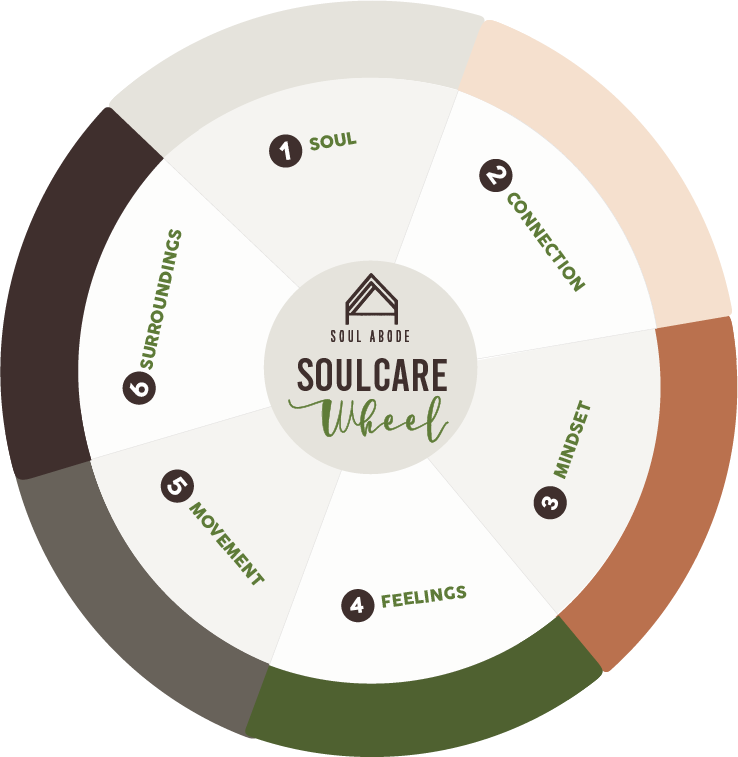The Seven Levels Of Energy

Each of us sees the world through a specific set of lenses and filters based on our experiences and the influence of the people and the world around us. Our work ethic, our thoughts about money, family, leisure, religion, etc. are based on our perspective. Nothing is completely wrong or completely right.
Our filters help us achieve success, and they can also be limiting or create tension. These filters shape the way we ‘show up’. They affect our reactions and responses to situations and people in all aspects of life.
The challenge is that our thoughts create our emotions, which in turn, create our actions (or lack thereof). If we think something is bad, we will feel fear, anger, or sadness, and we will fight, flight, or freeze.
Two types of energy
Bruce Schneider, founder of The Institute for Professional Excellence in Coaching (iPEC) designed an assessment and framework where perspectives (also called energy) fall under one of two categories: catabolic or anabolic energy.
Catabolic energy is a destructive, ‘tearing down’ force associated with stress.
When someone perceives a situation as being stressful, the brain creates catabolic hormones like adrenaline and cortisol. These hormones break down the body’s cells and tissues and provide energy to push through the stress.
While people think they can work well under stress, the long-term impact is draining, leads to burn out, and fulfillment and satisfaction decrease.
When we experience stress and do not move from it quickly, it is difficult to look past the stressor and see a bigger picture of the situation and the gift and opportunity it brings.
Anabolic energy, on the other hand, is a constructive, ‘building up’ force associated with less stress.
When we are not under stress, our brain tells the body to release anabolic hormones designed to restore and optimize the body systems. It is easier to focus on solutions, tap into creativity, and experience a more complete and conscious view of situations.
The less judgment and fear we have about ourselves, other people, and situations, the more anabolic energy we can access.
The seven levels of energy
In this framework, there are seven levels of energy (or perspectives) going from most to least stressful. These energies fall along a continuum from 1 to 7 going from the lowest level of consciousness at level 1 to the highest level of consciousness at Level 7.
All of us have all seven levels. The difference from person to person is how much we have of each level with and without a stressor.
Each energy level has a thought, emotion, and action associated with it.
Level 1 – victim, apathy, lethargy
Level 2 – conflict, anger, defiance
Level 3 – responsibility, forgiveness, cooperation
Level 4 – concern, compassion, service
Level 5 – reconciliation, peace, acceptance
Level 6 – synthesis, joy, wisdom
Level 7 – non-judgment, absolute passion, creation
Each of us sees the world through a specific set of lenses and filters based on our experiences and the influence of the people and the world around us. Our work ethic, our thoughts about money, family, leisure, religion, etc. are based on our perspective. Nothing is completely wrong or completely right.
Our filters help us achieve success, and they can also be limiting or create tension. These filters shape the way we ‘show up’. They affect our reactions and responses to situations and people in all aspects of life.
The challenge is that our thoughts create our emotions, which in turn, create our actions (or lack thereof). If we think something is bad, we will feel fear, anger, or sadness, and we will fight, flight, or freeze.
Two types of energy
Bruce Schneider, founder of The Institute for Professional Excellence in Coaching (iPEC) designed an assessment and framework where perspectives (also called energy) fall under one of two categories: catabolic or anabolic energy.
Catabolic energy is a destructive, ‘tearing down’ force associated with stress.
When someone perceives a situation as being stressful, the brain creates catabolic hormones like adrenaline and cortisol. These hormones break down the body’s cells and tissues and provide energy to push through the stress.
While people think they can work well under stress, the long-term impact is draining, leads to burn out, and fulfillment and satisfaction decrease.
When we experience stress and do not move from it quickly, it is difficult to look past the stressor and see a bigger picture of the situation and the gift and opportunity it brings.
Anabolic energy, on the other hand, is a constructive, ‘building up’ force associated with less stress.
When we are not under stress, our brain tells the body to release anabolic hormones designed to restore and optimize the body systems. It is easier to focus on solutions, tap into creativity, and experience a more complete and conscious view of situations.
The less judgment and fear we have about ourselves, other people, and situations, the more anabolic energy we can access.
The seven levels of energy
In this framework, there are seven levels of energy (or perspectives) going from most to least stressful. These energies fall along a continuum from 1 to 7 going from the lowest level of consciousness at level 1 to the highest level of consciousness at Level 7.
All of us have all seven levels. The difference from person to person is how much we have of each level with and without a stressor.
Each energy level has a thought, emotion, and action associated with it.
Level 1 – victim, apathy, lethargy
Level 2 – conflict, anger, defiance
Level 3 – responsibility, forgiveness, cooperation
Level 4 – concern, compassion, service
Level 5 – reconciliation, peace, acceptance
Level 6 – synthesis, joy, wisdom
Level 7 – non-judgment, absolute passion, creation
How do I know how much of each level I have?
Bruce Schneider, founder of The Institute for Professional Excellence in Coaching (iPEC) designed an assessment called the Energy Leadership™ Index (ELI), which measures our current mix of catabolic and anabolic energy levels.
As an ELI Assessment Master Practitioner, I can administer the assessment and examine the results in depth to
- increase your awareness to better understand the drivers of each energy level,
- help you access higher levels of anabolic energy more frequently, and
- release the real or perceived stressor much faster.
This will empower you to
- achieve those goals you have been putting off because of fear,
- have higher satisfaction in all aspects of life like finances, relationships, work/life balance, and
- enhance your skills and attitudes to be an even better and more effective leader.
One more thing before you go
We all have a set of filters that has been created based on our experiences, messages we receive from the people around us, and influence from the world. This has generated our limiting and empowering beliefs. All are valid from our perspective – after all, it is our point of view with the limited knowledge we currently have.
Our thoughts, or better yet, our judge and its opinions of ourselves, other people, and situations create our emotions. If I think something is bad, unacceptable, or ugly, I may feel angry, sad, disappointed. On the other hand, if I think something is good, beautiful, and surprising, I may feel happy, excited, and curious.
All actions (or lack thereof) are powered by our emotions. Even the most rational amongst us acts based on at least one emotion. It starts with a thought, which then triggers and emotion, which in turn results in a specific action (or lack thereof).
As we shift towards the sage perspective we can go past the stress much faster and come back to our center and wisdom. This allows us to be in anabolic energy longer as well as access the highest levels of energy (levels 6 and 7) more frequently.
With practice, self-talk, self-command, and other tools and mental muscles, we increase our capacity to tap into our higher self and access our creativity and intuition at will. As a result, we continuously realize and increase our potential making the impossible possible.
For more information contact Jennifer MCDaniel and Jennifer.McDaniel@SoulAbode.com

Jennifer McDaniel
Jennifer McDaniel is a well being strategist, ICF accredited professional coach. She has 25+ years of experience as a professional speaker, corporate trainer and a learning development leader in the beauty, health and wellness space.
Read MoreRelated Articles

Sign-up for our newsletter
By clicking "sign up," you agree to receive emails from Soul Abode and accept our web terms of use and privacy and cookie policy.





